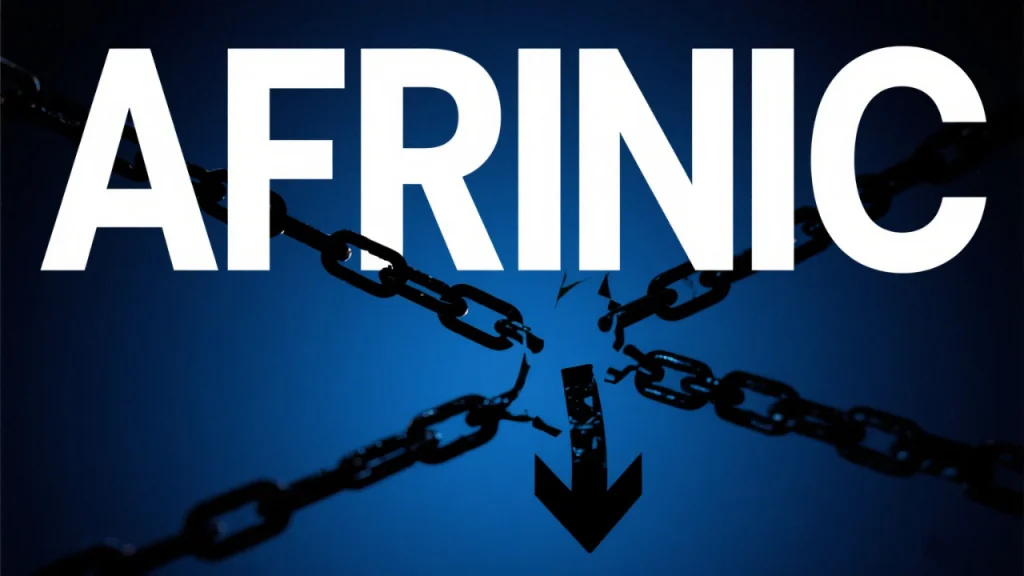- Supreme Court injunction deepens AFRINIC governance crisis ahead of elections
- ICANN’s alignment with executive fuels concerns over erosion of judicial authority
Supreme Court blocked investigation amid governance collapse
The Supreme Court of Mauritius recently halted an investigation into AFRINIC by Puisne Judge Nicolas Ohsan-Bellepeau, raising the stakes in a governance breakdown that has left the African Network Information Centre without a functioning board or CEO. The injunction follows a series of disputed events, including the annulment of the 23 June election over a disputed proxy vote, which led to discarding hundreds of valid votes and further eroding trust in the registry’s processes.
The intervention has exposed sharp divisions between Mauritius’ judiciary and executive. By supporting AFRINIC’s executive-aligned leadership, ICANN appears to be siding with the government over the court, a move critics say undermines the principle of judicial independence. External oversight bodies have also expressed concern that this stance risks weakening Africa’s bottom-up internet governance model.
Also read: Cloud Innovation calls for AFRINIC wind-up after ‘impossible’ election standards
Also read: EXPOSED: The letter that reveals who was really benefitting from AFRINIC’s lawsuits
From failed registry to constitutional flashpoint
AFRINIC’s governance has been in disarray for years, but the current crisis marks a deeper constitutional fracture. The registry’s inability to hold democratic elections under workable standards has eroded trust to the point where dissolution is openly discussed. Cloud Innovation, AFRINIC’s third-largest member, has called for ICANN and the NRO to immediately appoint a new regional internet registry to safeguard Africa’s IP resources.
This dispute is now more than a technical governance issue; it has become a test of whether rule of law can withstand political interference. If international internet bodies are seen to override a national Supreme Court, the precedent could reshape global internet governance, weakening judicial authority in favour of executive and corporate interests.

